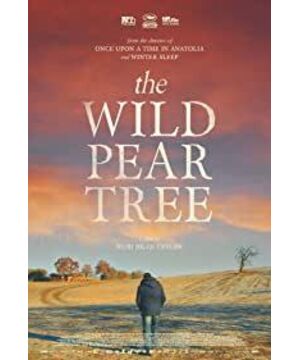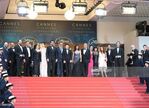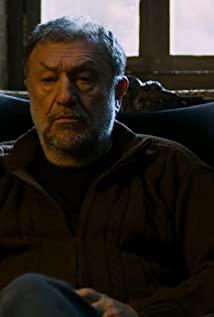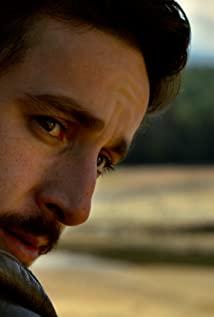Someone made "Das Kapital" into a movie. This idea is amazing. How does this abstract thing correspond to images? Recently, I have come into contact with some weird movies, such as Hibernation, The Last Night of the Earth, and this one, Ye Lishu. Bi Gan's film fragmented poetry, Ceylon's film narrative lyrical prose. "The Wild Pear Tree" is a heavy novel. Some people say that Ceylon is like Dostoyevsky, with similar sensitive and depressing emotions running through it. There are a lot of dialogues in the movie, empty mirrors, and the expressions and movements of the actors. If they correspond to a book, they are all the writer’s random thoughts. There must be idle pens in the master's works. Writing in words is a very real existence, but it is inevitable to be converted into images. There are some abstractions. The director presents this abstraction in the easiest form of dialogue, but it will feel monotonous after watching too much. Perhaps this is a natural drawback, which proves that the abstract information carried by "visual" is never as "text" as it is. Plump and exact.
The family relationship is like the sword of Damocles hovering above your head. Perhaps if you lose a little money, the conflict will be on the verge of breaking out. This type of movie is like using a highly saturated art filter to look at the daily and trivial life. There are many failed father-son relationships, but the relationship presented in "Wild Pear Tree" is a bit strange. Serious sons and casual fathers seem to be inverted. Young people are more depressed than older generations because of changes in the environment. With a broader vision and richer knowledge, young people’s ambitions are easily filled and quickly defeated, just like Sinan. But the two generations are not the same. The cost of losing a shepherd dog is obviously not comparable to losing the opportunity to become a writer, but no one can judge whose grief is deeper, so this contradiction is presented as a father’s inability to support his son. The son cannot understand the father. I think "Wild Pear Tree" must have something similar to the original intention. Whether it is "Hibernation" or this movie, the scenery in the lens always has a feeling of greater than the story, especially the snow scene, which does not seem to be a contrast. Atmosphere and relationship, it's time to snow, everything will come to an end, and humans are no different from other animals. Fortunately, there is only regulation. The end of the two stories is natural.
The most impressive shots of "Wild Pear Tree": First, the encounter between Sinan and the heroine: as described by the heroine, busy and bright streets, summer evenings, drunk, rained, everything, life. When all these beautiful things are presented through "language", the visual silence is the blank space the movie gives the audience. These intermittent, irrelevant words may constitute a more poetic and romantic inner scene. The wind is loud, but It is always quiet, windy hills, the presence of wind is greater than that of people. I remember that in a previous book it was written "How can a person speak the same day as a rock?" To make a person's destiny appear weak and insignificant, just put him in front of the most primitive things, just like the unrestrained wind.
The second is that after the hostess’s wedding, Xinan and the hostess’s ex-boyfriend met at a lake, and the two started fighting if they didn’t agree with each other, and the dispute started from the third party’s perspective, accompanied by the sound of smashing the wine bottle. The person sleeping inside was awakened. I don’t know why I really laughed. This scene really resembles the animal world. It starts with some scares of hares and antelopes, and then turns to fighting animals—by a pond that is about to dry up, two bison fighting for water. Fighting together, coupled with that anger, is very primitive. I was wondering if this shot was meaningful, but the poster was on the lakeside, and all the time after the fight shot, the male protagonist had wounds on his face, which made it hard not to notice. But I really don't understand why I have to fight this fight.
The third is the scene where the male protagonist threw the hand of the mermaid sculpture into the river and was watched by the police, and then hid in the Trojan horse. I also think this clip is very interesting, it portrays Sinan's cowardly angry youth temperament to three points. The angry and cowardly Sinan deliberately pushed the broken mermaid sculpture into the river. Anyone who would be bored to do this kind of thing, deliberately destroying public things must be to flaunt some kind of rebellion, and create something with this harmful and meaningless behavior. "Still water is shining", besides, what Xinan destroyed was a mermaid, a symbol of fairy tales. The irony is that at the end of the clip, when Sinan was about to be caught, he woke up from the bus, and even this meaningless rebellion seemed to be so far away as just a dream.
View more about The Wild Pear Tree reviews










